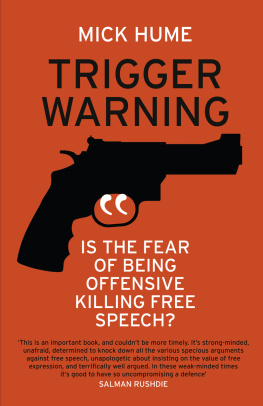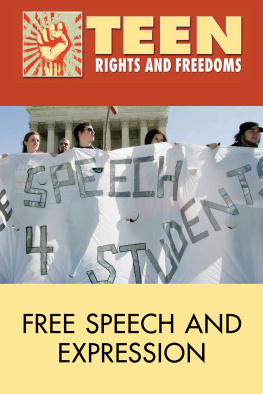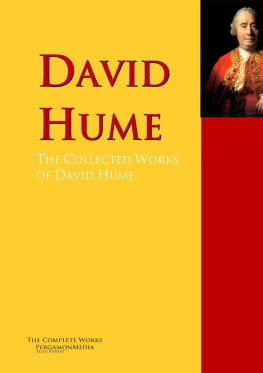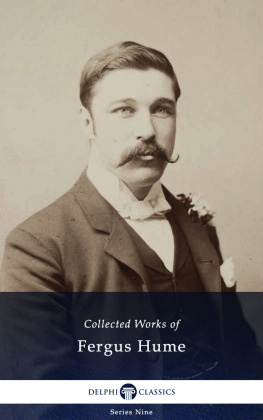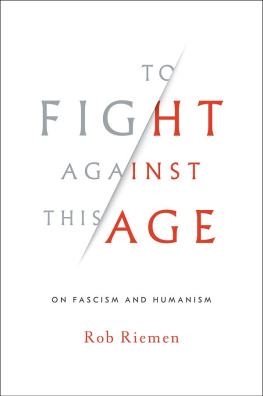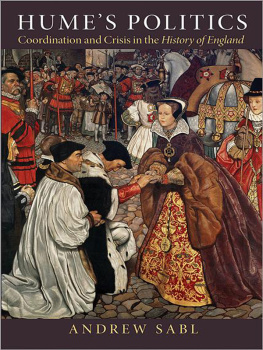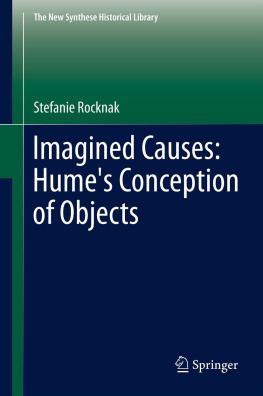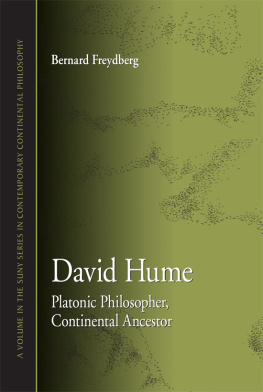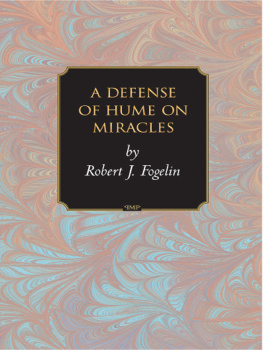Trigger Warning (noun): a statement at the start of any piece of writing, video, etc, alerting the reader or viewer to the fact that it contains material they might find upsetting or offensive.
This is not a book about the Charlie Hebdo massacre. When I began to write Trigger Warning in late 2014, Charlie was a small French satirical magazine known by relatively few and read by far fewer, particularly in the Anglo-American world. The murderous attack at the magazines Paris offices in January 2015 did not really alter the argument about the urgent need to defend free speech, but that massacre and the reactions to it certainly brought the issues into focus.
Two concerns had already motivated me to write this book, both of which were highlighted in the aftermath of Charlie Hebdo. The first was an awareness of the widening gap between the rhetorical, ritualistic support that Western societies pay to freedom of speech in principle, and the increasing preparedness to compromise and restrict it in practice. The sight of world political leaders declaring Je Suis Charlie, whilst simultaneously trying to outlaw opinions they found offensive, illustrated that chasm.
My second concern was that the political and cultural attacks on free speech were often being led, not by Islamist extremists, but by those in the West who would consider themselves liberal or left-minded. The flipside of this was freedom being dismissed as of interest only to right-wing cranks, accused of hiding behind free speech. As a veteran of radical struggles who still considers himself on the left, even if not of its modern incarnation, I have always understood that fighting for free speech is indispensable to those who want to argue for radical ideas and social change. When I first wrote in defence of the Right to be Offensive, twenty-five years ago, it was as the editor of Living Marxism magazine. Those opinions were in a distinct minority on the British left even then. Today, with campaigners demanding post-Charlie purges of both Islamophobia and Islamo-fascism, the need to resist the tide and make the radical case for the right to offend is more urgent still.
This polemical book is intended as a contribution to that resistance. The case it makes for free speech has developed through years of argument as a campaigning political journalist in both the alternative and mainstream UK media. In 1988 I was the launch editor of Living Marxism, which we relaunched as the taboo-busting LM magazine in the Nineties until it was forced to close in 2000 after being sued under Englands atrocious libel laws. Then I became the launch editor of Spiked (spiked-online.com), the UKs first and best web-based current affairs and comment magazine, of which I am now editor-at-large. I was also the only libertarian Marxist columnist at The Times (London) for ten years, and now write as a guest columnist for the Sun, among others.
The development of the arguments in the pages that follow would not, however, have been possible without the input of others. I want to recognise and thank my overworked and underpaid colleagues at Spiked, where many of these ideas first germinated and where the crisis of free speech in Anglo-American society has been brilliantly brought to light by editor Brendan ONeill, ably backed by deputy editor Tim Black and managing editor Viv Regan. Spikeds transatlantic Free Speech Now campaign, especially its work to combat censorship on campus led by Tom Slater, is a model, online and off, of how to breathe new life into a dormant political principle.
I also want sincerely to thank my old friends and collaborators Frank Furedi, whose inspiration and advice was as indispensable for this book as it has been for longer than either of us might care to remember, and Michael Fitzpatrick, who first tried to teach me how to write properly more than thirty years ago, and is still trying now. Thanks are due to Martin Redfern, my editor at William Collins, for bringing the idea to fruition. And most of all to my wife, Ginny, the managing editor of all that I do, for making me start and finish writing it. The responsibility for the text, warts and all, is of course mine.
Mick Hume, London, April 2015
Prologue
Free speech is threatened on two fronts: occasionally by bullets, and every day by buts.
Copenhagen, Denmark, 15 February 2015. A meeting in a caf to discuss the issues of free speech and blasphemy, just over a month after the massacre at the Paris offices of the satirical magazine Charlie Hebdo. Inna Shevchenko of the Ukrainian feminist protest group FEMEN opens the panel discussion, talking about her relationship with the cartoonist Charb Charlie Hebdos editor and their shared insistence on their right to freedom of expression (FEMEN are famous for protesting topless).
Shevchenko gets to the nub of the argument: I realise that, every time we talk about the activity of those people, there will always be, Yes, it is freedom of speech, but And the turning point is but. Why do we still say but when we At that precise moment her speech is ended by the sound of sustained gunfire from outside the meeting.
The timing of the Islamist gunmans attack on the Copenhagen free-speech meeting was so precise it might almost have been scripted. Just as the speaker raised the problem of people within the West saying Yes it is free speech, but to signal the limits of their support, the murderer added his own full stop to the debate from outside by opening up with an M95 assault rifle, leaving Finn Noergaard, a Danish film-maker, dead. (The gunman later killed another man in an attack on a synagogue in the city.)
There is no equivalence, of course, between bullets and buts, between violent assaults on free speech and equivocal endorsements of it. Might it be, however, that the weakening of support for free speech in the West, signalled by the rising chorus of buts attached to it, has encouraged those few willing to take more forceful action to put a stop to what they deem offensive?
Two crimes were committed against the satirical magazine Charlie Hebdo in January 2015.
Islamist gunmen committed mass murder at the papers Paris offices. They shot dead eight cartoonists and journalists, two police officers and two others, in a graphic demonstration of their hatred for freedom of speech and of the press.
Then the great and the good of Western society committed a mass free-speech fraud. They sold us the line that they all supported free speech, making rhetorical and ritualistic gestures of support for the

